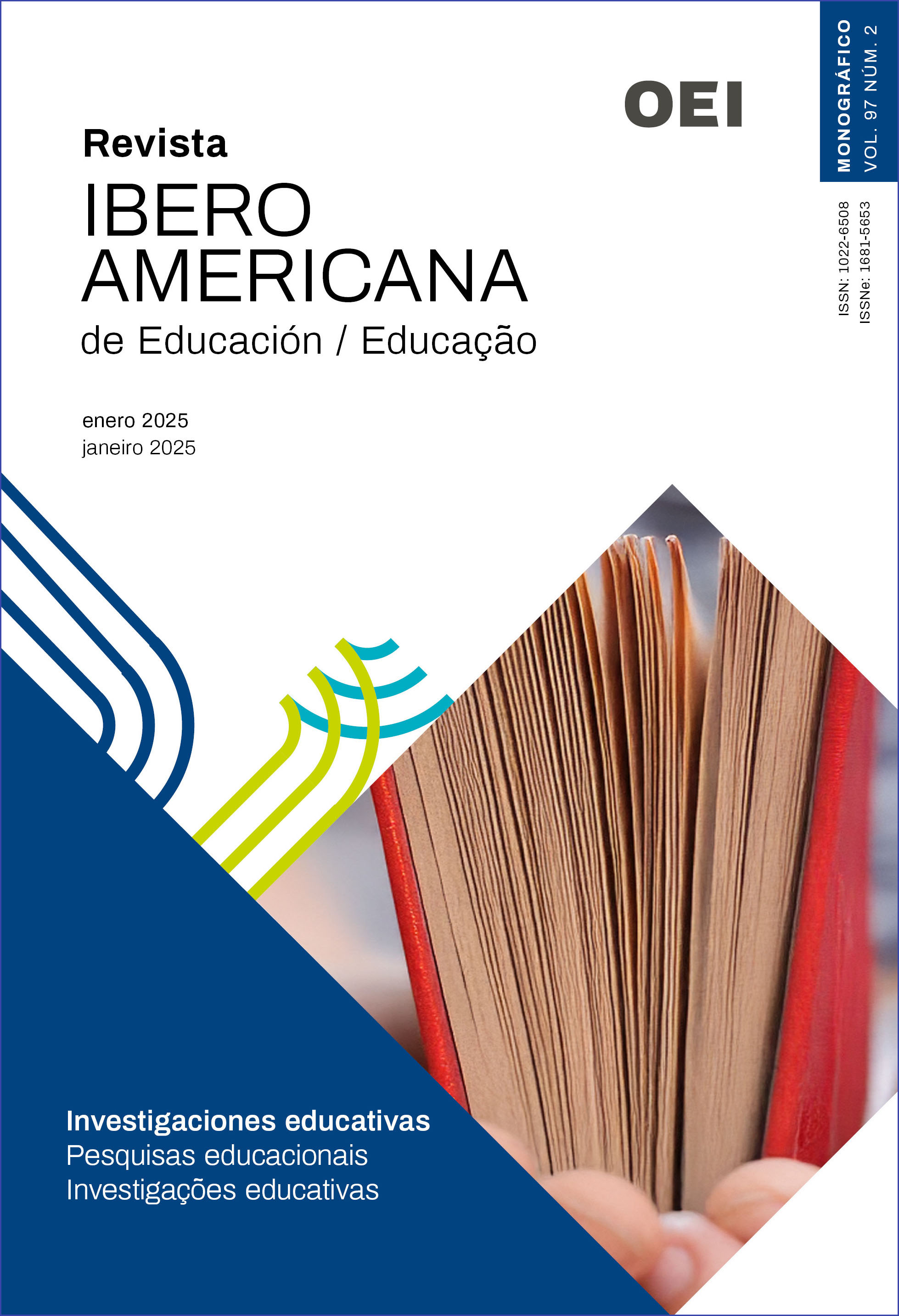Educational reforms to expand educational opportunities in Mexico. The power of policy and the challenges of its implementation
DOI:
https://doi.org/10.35362/rie9726477Keywords:
educational policies, educational equity, educational quality, educational reformsAbstract
This article examines the dynamics of implementing large-scale reforms to provide meaningful educational opportunities for disadvantaged students. To effectively reduce social inequality and exclusion, educational policies must combine system-wide efforts and specific, targeted efforts on a large scale and sustain them for long enough for them to become institutionalised. The impact of these policies depends on how well system-wide and targeted efforts are able to converge and complement each other, and the degree of alignment between federal and state initiatives, as well as supporting policies. However, system-wide reform policies are more controversial than those involving targeted efforts, as such changes are more disruptive to interests vested in the status quo, making the sustainability of such efforts precarious. Furthermore, selective, targeted policies reinforce the segregation of students into different quality strata.
Downloads
References
Cárdenas, S., Ruelas, I., y Sánchez, E. (2023). Understanding Potential Causes of Learning Loss: Teachers’ Perceptions Regarding Educational Challenges During the COVID-19 Pandemic in Mexico. In Fernando Reimers (Ed.) Schools and Society during COVID-19. (pp. 113-130), Springer. https://go.oei.int/xtjcjqsb DOI: https://doi.org/10.1007/978-3-031-42671-1_6
Cohen, D. K., y Mehta, J. D. (2017). Why Reform Sometimes Succeeds: Understanding the Conditions That Produce Reforms That Last. American Educational Research Journal, 54(4), 644-690. https://doi.org/10.3102/0002831217700078 DOI: https://doi.org/10.3102/0002831217700078
CONEVAL (2018). Estudio Diagnóstico del Derecho a la Educación 2018. Consejo Nacional de Evaluación de la Política de Desarrollo Social. Ciudad de México. https://bit.ly/3XzszbE
CONEVAL (2020a). Evaluación Integral de los Programas Federales Vinculados al Derecho a la Educación 2018-2019. https://bit.ly/3B149ir
CONEVAL (2020b). Análisis de los programas prioritarios al primer año de la administración 2018-2024. https://bit.ly/3XNbI5r
Corrales, J. (1999). The Politics of Education Reform: Bolstering the Supply and Demand. Overcoming Institutional Blocks. Country Studies: Education Reform and Management Publication Series. Washington, DC: Banco Mundial. https://bit.ly/3XBhNld
Galván, L. E. (2016). Hacia la formación del sistema educativo mexicano: 1867-1910. Instituto de Investigaciones Jurídicas de la UNAM, México. https://bit.ly/3XmZIpP.
Hevia, F.J., Vergara-Lope, S., Velásquez-Durán, A., y Calderón D. (2022). Estimación de la pérdida fundamental de aprendizaje y la pobreza de aprendizaje relacionadas con la pandemia de covid-19 en México. Revista Internacional de Desarrollo Educativo, 88, 1-9. https://doi.org/10.1016/j.ijedudev.2021.102515 DOI: https://doi.org/10.1016/j.ijedudev.2021.102515
INEGI (2020). Censo de población y vivienda 2020, Subsistema de Información Demográfica y Social México. https://www.inegi.org.mx/programas/ccpv/2020/
OCDE (2019a). Strong Foundations for Quality and Equity in Mexican Schools. París. 2019. https://bit.ly/4ehY6o8
OCDE (2019b). Estudios Económicos de la OCDE: México 2019, OECD Publishing, Paris, https://doi.org/10.1787/fde7bbbe-es. DOI: https://doi.org/10.1787/fde7bbbe-es
OCDE (2023). OECD (2023), PISA 2022 Results (Volume I): The State of Learning and Equity in Education, PISA, OECD Publishing, Paris. https://doi.org/10.1787/53f23881-en DOI: https://doi.org/10.1787/53f23881-en
SEP (2022). Principales Cifras del Sistema Educativo Nacional 2021-2022. México. Dirección General de Planeación, Programación y Estadística Educativa. https://bit.ly/3XAuz3n
SIA (2000). Artículo 3º. Constitucional Gratuidad de la Educación Superior, Sistema Integral de Información y Documentación Servicio de Investigación y Análisis Política Interior. Cámara de Diputados, México. https://bit.ly/3Xzw81w
Silveyra, M., Yánez M. y Bedoya, J. (2018). ¿Qué impacto tiene el programa escuelas de tiempo completo? Evaluación del programa en México 2007-2016. Washington, DC. Banco Mundial. https://bit.ly/3Zk6eAi
How to Cite
Published
Issue
Section
License
Copyright (c) 2024 Iberoamerican Journal of Education

This work is licensed under a Creative Commons Attribution 4.0 International License.
Any authors who publish with this journal accept the following terms:















